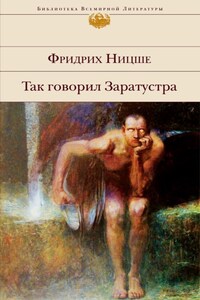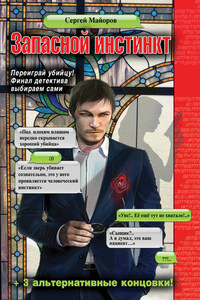Chapter One
Queen of the Unknown
Let me gaze down the vista of the tristful past.
Ah! there are things that cannot be uttered; there are scenes that still entrance me, and incidents so unexpected and terrible that they cause me even now to hold my breath in horror.
The prologue of this extraordinary drama of London life was enacted three years ago; its astounding dénouement occurred quite recently. During those three weary, anxious years the days have glided on as they glide even with those who suffer most, but alas! I have the sense of having trodden a veritable Via Dolorosa during a century, the tragedy of my life, with its ever-present sorrow, pressing heavily upon me perpetually. Yet my life’s journey has not always been along the barren shore of the sea of Despair. During brief moments, when, with the sweet childlike angel of my solitude, heaven and earth have seemed to glide slowly into space, I have found peace in the supreme joy of happiness. My gaze has been lost in the azure immensity of a woman’s eyes.
In this strange story, this astounding record of chastity of affection and bitter hatred, of vile scheming, of secret sins and astounding facts, I, Stuart Ridgeway, younger son of Sir Francis Ridgeway, Member for Barmouth and banker of the City of London, am compelled to speak of myself. It is indeed a relief to be able to reason out one’s misfortunes; confession is the lancet-stroke that empties the abscess. The Devil has thrown his dice and the game is up. I can now lay bare the secret of my sorrow.
Away south in the heart of the snow-capped Pyrenees, while idling away a few sunny weeks at Bagnères-de-Luchon, that quaint little spa so popular with the Cleopatras of the Boulevards, nestling in its secluded valley beneath the three great peaks of Sacrous, de Sauvegarde, and de la Mine, a woman first brought sweetness to the sadness of my melancholy days. Mine was an aimless, idle life. I had left behind me at college a reputation for recklessness. I was an arrant dunce at figures, and finance had no attraction for me. I had lived the semi-Bohemian life of a law student in London, and grown tired of it I had tried art and ignominiously failed, and, being in receipt of a generous allowance from an indulgent father, I found myself at the age of twenty-eight without profession, a mere world-weary cosmopolitan, wandering from place to place with the sole object of killing time.
Having taken up my quarters alone at the Hotel des Bains, that glaring building with its dead-white façade in the Allee d’Etigny – the magnificent view from which renders it one of the finest thoroughfares in the world – I soon became seized by ennui.
The place, filled with the haut ton of Paris, was gay enough, but somehow I met no one at the table d’hôte or elsewhere whom I cared to accept as companion. Sick of the utter loneliness amid all the mad gaiety, I was contemplating moving to Biarritz, where a maiden aunt resided, when one evening, while seated in the picturesque Casino Garden listening to the band, I saw in the crowd of chattering, laughing promenaders a woman’s face that entranced me. Only for a second in the faint light shed by the Chinese lanterns, strung from tree to tree, was I able to distinguish her features. In that brief moment, however, our eyes met, yet next second she was gone, lost in one of the gayest crowds in Europe.
The next night and the next I sat at the same little tin table taking my coffee and eagerly scanning the crowd passing and re-passing along the broad gravelled walk until once again I saw her. Then, held in fascination by her marvellous beauty, attracted as a needle by a magnet, I rose and followed her. Like myself she was alone, and a trivial accident, of which I eagerly availed myself, gave me an opportunity of introducing myself. Judge my joyful satisfaction when I found that she was English, although her dress and hat bore the unmistakable stamp of the Rue de la Paix, and her chic was that of the true Parisienne. As we walked together in the shadows beyond the public promenade, she told me that her home was in London; that on account of her father having been compelled to return suddenly, she had been left alone, and she admitted that, like myself, she had become dull and lonely.
Apparently she had no objection to my companionship, although she strove to preserve a British rigidity of manner and respect for the convenances. Yet after the reserve of the first half-hour had worn off we sat down together under a tree near the band-stand, and I gave her a card. She, however, refused to give me one.
“Call me Sybil,” she said smiling.
“Sybil!” I repeated. “A name as charming as its owner. Is your name Sybil – only Sybil?”
“My surname is of no consequence,” she answered quickly, with a slight haughtiness. “We are merely English folk thrown together in this place. To-morrow, or the next day perhaps, we shall part, never to meet again.”
“I trust not,” I said gallantly. “An acquaintanceship commenced under these strange conditions is rather romantic, to say the least.”














